Nolen’s stories reveal how the disease works, how it spreads, and how it kills; how it is inextricably tied to conflict, famine, failure of leadership, and the collapse of states, and to the cultures it has ravaged; how treatment works, and how people who can’t get it fight to stay alive with courage, dignity, and hope against huge odds. Writing with power, understanding, and simplicity, Stephanie Nolen makes us listen, allows us to understand, and inspires us to care. Timely, transformative, and thoroughly accessible, 28 is essential reading for our times.
28: Stories of AIDS in Africa
KSh 1,800.00
Nolen’s stories reveal how the disease works, how it spreads, and how it kills; how it is inextricably tied to conflict, famine, failure of leadership, and the collapse of states, and to the cultures it has ravaged; how treatment works, and how people who can’t get it fight to stay alive with courage, dignity, and hope against huge odds. Writing with power, understanding, and simplicity, Stephanie Nolen makes us listen, allows us to understand, and inspires us to care. Timely, transformative, and thoroughly accessible, 28 is essential reading for our times.
1 in stock
Related products
-
Applied Theories in Occupational Therapy 2nd Edition by Roseanna Tufano (Author), Marilyn B. Cole (Author)
KSh 11,000.00Applied Theories in Occupational Therapy: A Practical Approach, Second Edition provides a system-based, comprehensive overview of the theories, models, and frames of reference that influence occupational therapy around the world. Esteemed authors Marilyn B. Cole and Roseanna Tufano have updated their foundational text with an evidence-based focus derived from their experiences of more than 30 years teaching theoretical content to students.
Applied Theories in Occupational Therapy: A Practical Approach, Second Edition offers practical templates to help readers learn the key constructs of each theory and assimilate knowledge based on Mosey’s organizational structure. Each theory-based chapter is designed for ease in gathering content knowledge and comparing theories in a distinctive manner. The book includes:
- Summaries of the current trends found in practice, along with external influential models of health and wellness impacting populations of concern
- Exploration of some of the most common occupation-based models around the world. Each model’s holistic conceptual nature is described, including theoretical assumptions and practice guidelines for evaluation and intervention
- Reviews of common frames of reference found in evidence-based practice, which address the secondary and tertiary needs of common populations
In this Edition, learning activities and case-based analyses strengthen the application of theory into current practice contexts. Practical guidelines assist the reader in formulating an evaluation process and determining the relevant intervention strategies that promote occupational participation, engagement, and functioning across the lifespan and the continuum of health.
-
GENERAL PATHOLOGY REVIEW FOR MEDICAL AND DENTAL STUDENTS
General Pathology Review for Medical and Dental Students, 2nd Edition – a concise, well-illustrated guide covering essential pathology concepts for MBBS & BDS learners.
The basic aim of this book is to integrate and organize clear and concise concepts of pathological processes for easy understanding and retention. Study material has been arranged in digital and flowchart format. Emphasis has been given to the topics of clinical significance with adequate coverage and reasonable depth and details. Suitable illustrations and schematic diagrams will help the students in understanding the complicated interactions of pathological processes. Time tested organization of chapters has been followed to maintain the uniform approach.
About the Author
M. L. Gupta Associate Professor Department of Pathology Pacific Dental College Debari Udaipur (Rajasthan). -
Muir’s Textbook of Pathology: Sixteenth Edition International Student Edition
KSh 7,000.00This classic text sets a standard in this subject by outlining the scientific aspects that underlie pathological processes, relating these to specific organ systems and placing all in a context that the student of medicine or pathology can appreciate, understand and enjoy. The clearly defined and easy-to-follow structure, enhanced by numerous photographs and explanatory line diagrams, focuses on core material without neglecting novel concepts and up-to-the minute detail. A one-stop-shop in pathology, it reflects fully the integration of pathology into clinical teaching whether system or problem-based, and will take the student right through medical school and beyond to postgraduate training.
-
Dictionary of Optometry and Vision Science
KSh 13,300.00Completely revised, updated, and redesigned, this classic dictionary of optometry and vision science by Dr. Michel Millodot continues to be an essential resource for all optometrists in training and in practice, as well as residents in ophthalmology. It is also a crucial source of information for anyone involved in vision science and in the optical industry. It now includes many new entries on pathology, pharmacology, investigative techniques, visual perception, optics and contact lenses. This edition presents all of the features that have made it so successful in the past, such as succinct, understandable definitions, comprehensive tables and illustrations, clinical advice, and extensive cross-references.
Uniquely blending the best features of a textbook, a dictionary, and a practical handbook, Dictionary of Optometry and Vision Science remains a cornerstone for all those providing eye care, engaged in vision science, or entering the optical industry.
- Now includes definitions of over 5600 terms, as well as 90 tables and 253 illustrations that enhance understanding of many of the definitions.
- Expert Consult™ eBook version included with purchase. This enhanced eBook experience allows you to search all of the text, figures, and references from the book on a variety of devices.
-
Ross and Wilson;Anatomy and Physiology in Health and Illness. International Edition, 14th Edition
KSh 8,000.00Now in its fourteenth edition, this best-selling textbook has been honed over many years to provide a clear, straightforward introduction to the human body for students of nursing, allied health or biomedical and paramedical science.
The book covers the core essentials of anatomy and physiology, including basic pathology and pathophysiology of important diseases and disorders. This new edition presents additional illustrations to enhance understanding of key concepts, including pathophysiology and diagnostics. Included for the first time is an introduction to surface anatomy, while other updating reflects current scientific knowledge and developments, including coronavirus. Enhanced learning features and an extensive online resource help you grasp all the important areas.
Like millions of readers before you, you will treasure Ross & Wilson as a go-to resource that you will refer to time and again to support this critical aspect of your healthcare education.
Key Features-
- Clear and easy to read – suitable for students new to the area and anyone whose first language is not English
-
- Hundreds of stunning illustrations and images to make learning easy
-
- Helpful learning features such as Learning Outcomes boxes, colour coding and orientation icons to facilitate navigation
-
- Definitions of common prefixes, suffixes and roots, examples, glossary and an appendix of normal biological values
-
- Self-assessment activities in each chapter, including ‘spot check’ questions for each section and case studies with answers to develop understanding of key principles
- Accompanying website with animations, videos, audio-glossary and other self-assessment material
Evolve Study Resources
Online content offered with Ross & Wilson Anatomy and Physiology in Health and Illness 14th edition includes:
-
- New for this edition – a set of expert-narrated 3D videos summarizing key topics in the book, powered by Complete Anatomy: the world’s most advanced 3D anatomy platform
-
- Over 120 animations clarifying underlying principles and make learning fun
-
- More than 1700 audio glossary entries
-
- Body Spectrum © online colouring and self-test software
- Self-assessment questions to help students test their knowledge
Author InformationBy Anne Waugh, MSc CertEd SRN RNT FHEA, School of Acute and Continuing care Nursing, Napier University, Edinburgh, UK and Allison Grant, BSc PhD RGN, Department of Biological and Biomedical Sciences, Glasgow Caledonian University, Glasgow, UK -
-
Children with Developmental Disabilities: A Training Guide for Parents, Teachers and Caregivers First Edition
KSh 6,370.00This manual is designed as a guide for parents, teachers and caregivers dealing with children up to the age of six who are afflicted by developmental disabilities. The author provides details of more than 400 non-formal activities along with guidelines on how to use them both at home and in pre-school settings.
The book is divided into three sections:
– the first describes a wide range of impairments, disabilities and handicaps along with information on their manifestations and characteristics. The author also outlines steps to handle negative or problem behaviour during training.
– the next section presents a Comprehensive Activity Checklist for pre-school children. All items have been empirically tested and are located on a scale of increasing difficulty.
– the third section comprises two chapters. The first is a `do-it-yourself` activity assistance guide which will be of immense use to trainers, caregivers, teachers and parents. In the last chapter, Dr Venkatesan discusses contemporary problems and issues related to the rights and privileges of persons with developmental disabilities -
Muir’s Textbook of Pathology
KSh 3,800.00First published in 1924, Muir’s Textbook of Pathology has set a standard in this subject by linking the scientific aspects that underlie pathological processes, relating these pathological changes specific to the various organ systems, and placing all in context for the student of clinical
medicine and surgery. Subsequent editions have retained this popular approach, while introducing novel concepts and taking into account the evolution in the teaching of general pathology that has occurred.This fully-revised 14th edition will ensure that the title retains its preeminence in the field with a clearly defined and easy-to-follow structure, new photographs and explanatory line diagrams, all in full color, and applicability to both systems-based and problem-based undergraduate courses.
Focusing on core material without neglecting up-to-the-minute detail, this book is a key text for students, but also has significant appeal for pathology residents. -
An Introduction to Forensic Genetics, 2nd Edition
KSh 16,198.00This is a completely revised edition of a comprehensive and popular introduction to the fast moving area of Forensic Genetics. The text begins with key concepts needed to fully appreciate the subject and moves on to examine the latest developments in the field. Now illustrated in full colour throughout, this accessible textbook includes numerous references to relevant casework. With information on the full process of DNA evidence from collection at the scene of a crime to presentation in a legal context this book provides a complete overview of the field.
Key Features:
- Greater in-depth coverage of kinship problems now covered in two separate chapters: one dealing with relationships between living individuals and the other covering identification of human remains.
- New chapter on non-human forensic genetics, including identification of bacteria and viruses, animals and plants.

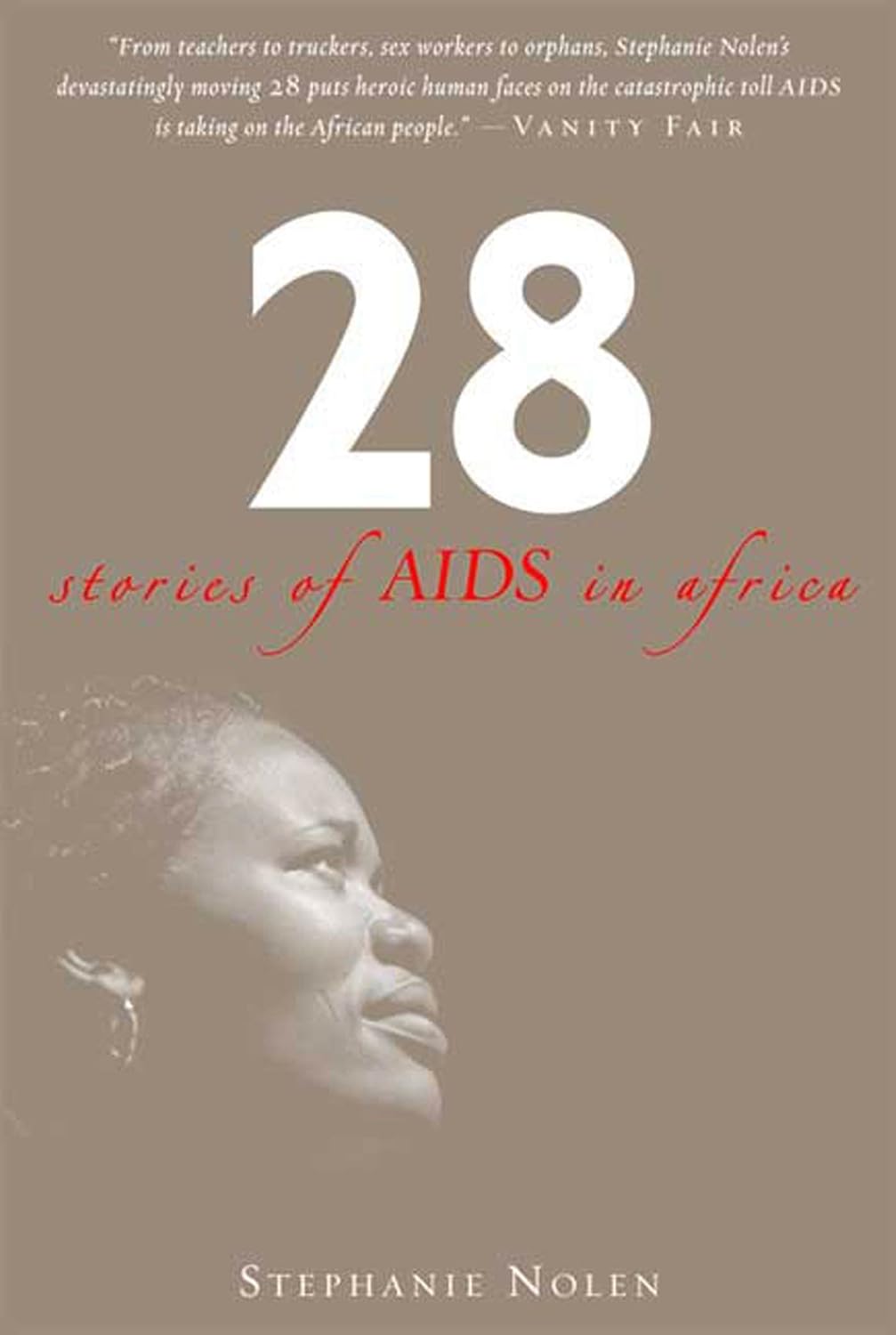
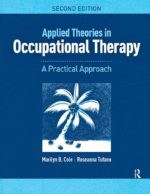

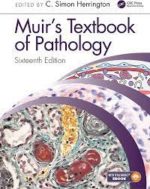
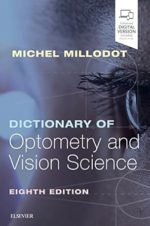
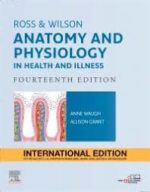
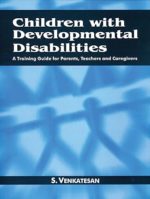
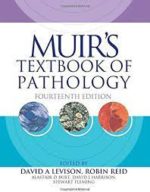

Be the first to review “28: Stories of AIDS in Africa”